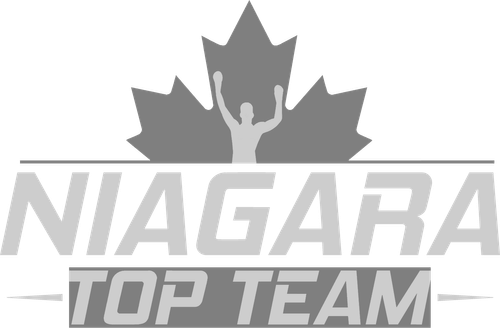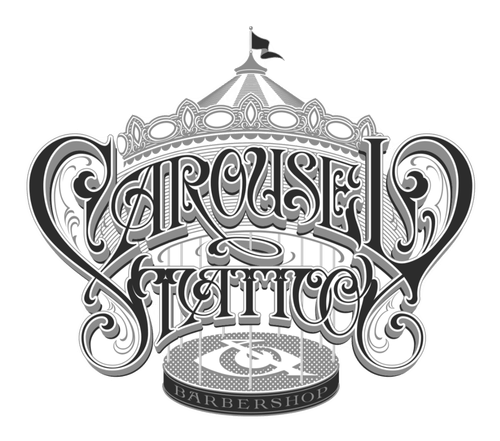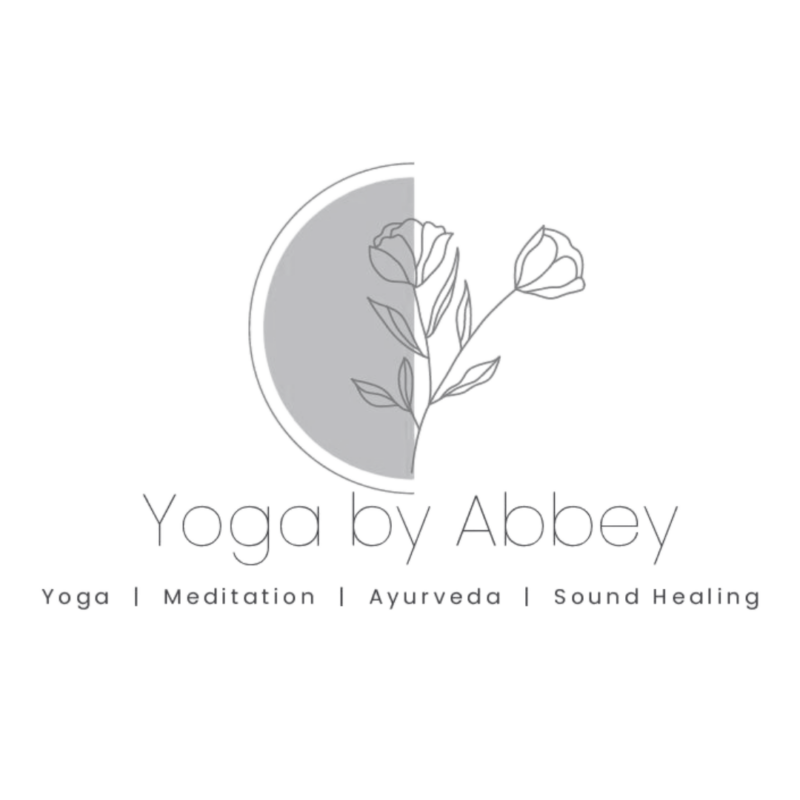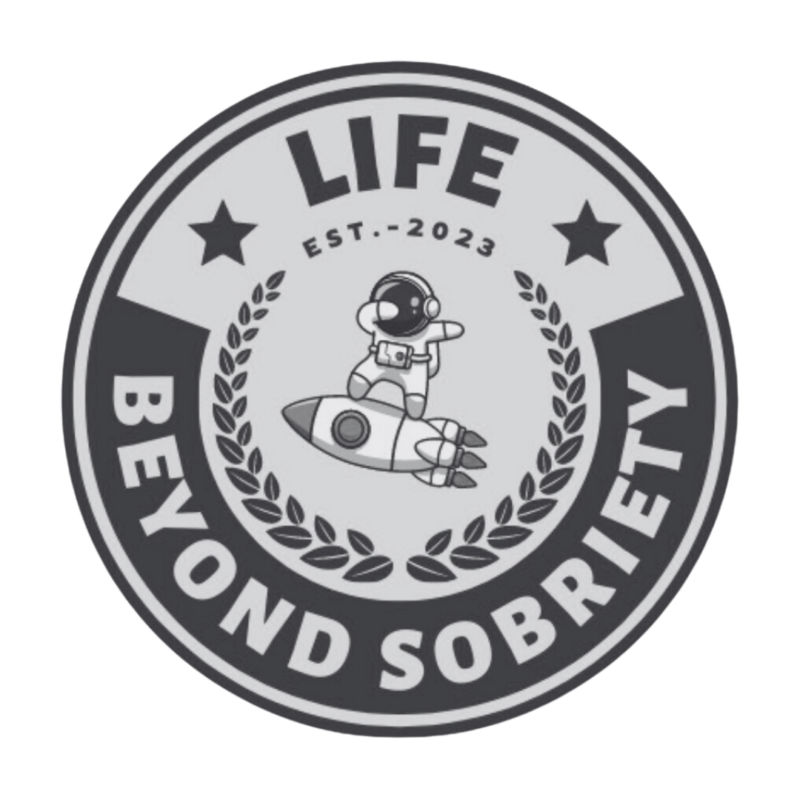A Holistic Approach in Drug Rehabilitation
Holistic drug rehab in Ontario is an evolving paradigm that focuses on treating the individual as a whole. Traditional methods often concentrate solely on medical detox and therapy. However, a holistic approach goes beyond the physical symptoms, addressing the mental, emotional, and spiritual dimensions of addiction. This comprehensive method acknowledges that addiction is not just a physical ailment but a multifaceted issue requiring an all-encompassing approach to healing.
At Twelve Mile Recovery, the emphasis on holism is not just a philosophy but a core practice that guides every aspect of the treatment program. The center prioritizes personal growth and emotional intelligence, equipping clients with tools to handle life’s challenges without resorting to substance use. With a backdrop of personal recovery experiences, the team provides genuine empathy and practical strategies that resonate well with individuals seeking holistic drug rehab in Ontario.
Integrating Mindfulness and Cognitive Therapies
Mindfulness and cognitive-behavioral therapy (CBT) are integral to the holistic methods employed at Twelve Mile Recovery. These therapies help clients understand their thought patterns and emotional triggers, developing healthier responses to stress and cravings. Mindfulness, in particular, fosters self-awareness and acceptance, enabling clients to stay present and connected with their recovery journey.
Cognitive-behavioral therapy is renowned for its effectiveness in changing negative thought processes and behaviors associated with addiction. By combining CBT with mindfulness practices, Twelve Mile Recovery forms a robust framework that empowers clients to transform their lives. This dual approach not only addresses addiction but also enhances mental resilience, making it a cornerstone of effective holistic drug rehab in Ontario.
The Role of Physical Activity in Recovery
Physical activity plays a pivotal role in holistic drug rehab in Ontario, as practiced by Twelve Mile Recovery. Activities like yoga and martial arts are not only great for physical health but also for building mental discipline and emotional balance. These activities foster resilience and self-control, which are essential skills in addiction recovery.
Martial arts, in particular, is a unique offering at Twelve Mile Recovery. This discipline provides a therapeutic outlet for pent-up emotions and builds confidence and self-esteem. Clients learn to channel their energy positively, developing both physical fitness and emotional strength. The integration of physical activity into the rehab process signifies a commitment to nurturing the body alongside the mind and spirit.
Addressing Trauma Through Holistic Interventions
Many individuals seeking holistic drug rehab Ontario have experienced trauma that contributes to their addiction. Twelve Mile Recovery recognizes the need to address trauma in a safe and supportive environment. The center employs trauma-informed care to ensure that treatment is sensitive to past experiences and tailored to individual needs.
Trauma-informed care at Twelve Mile Recovery involves creating a therapeutic setting where clients feel understood and respected. This approach reduces the risk of retraumatization and fosters trust, which is critical for healing. Through personalized therapy and peer support, clients learn to process their trauma healthily, which is a pivotal step in achieving lasting recovery.
Spirituality and Healing in Addiction Recovery
Spirituality is a debatable yet potent element in holistic rehabilitation strategies. At Twelve Mile Recovery, spirituality is embraced as part of a comprehensive recovery plan. This aspect is less about religious adherence and more about finding personal meaning and connection in life. Clients explore their beliefs and values, which can offer support and guidance in their recovery journey.
Benefits of Spiritual Inclusion
- Provides a sense of purpose and direction.
- Fosters community and connectedness.
- Encourages forgiveness and self-compassion.
Many clients report that engaging with their spiritual side brings peace and a renewed perspective on life. This focus on spirituality underscores the commitment to treating the whole person during the rehabilitation process.
Peer Support and Community
Twelve Mile Recovery understands that community support is crucial in holistic drug rehab in Ontario. Clients thrive in an environment that values collaboration and shared experiences. By building a strong peer support system, individuals in recovery find encouragement, accountability, and motivation from others who understand their journey.
These support networks are not just limited to the duration of the treatment program. Graduates often continue to connect and support one another long after leaving the facility. This ongoing community engagement plays a vital role in maintaining sobriety and preventing relapse. This aspect of peer support is a testament to the holistic approach’s emphasis on community as a source of strength and healing.
Personalized Treatment and Therapeutic Plans
No two individuals are the same, and Twelve Mile Recovery embraces this truth by offering personalized treatment plans. By assessing each client’s unique needs, the rehab center creates a tailored approach that addresses their specific challenges and goals. This customization is fundamental in holistic drug rehab in Ontario, ensuring that clients receive the most effective care possible.
Clients are involved in creating their treatment plans, which fosters a sense of ownership and commitment to the recovery process. This collaborative approach facilitates a deeper understanding of one’s self and encourages active participation in therapy and treatment activities.
The variety of therapies available allows for a truly bespoke treatment experience. From traditional talk therapy to innovative wellness practices, clients receive comprehensive care that aligns with their personal journey and aspirations.
The Impact of Art and Expressive Therapies
Art and expressive therapies are integral to the treatment at Twelve Mile Recovery, providing creative outlets for clients to express emotions that might be difficult to articulate through words alone. These therapies are a valuable complement to traditional methods, offering new ways for individuals to explore their inner worlds and heal from addiction.
Clients often find that engaging in art therapy helps them unlock emotions and experiences that have been suppressed or unacknowledged. This process of creative expression can lead to profound self-discovery and personal growth. In the context of holistic drug rehab in Ontario, art therapy represents a bridge between emotional healing and artistic exploration.
Nutrition and Wellness in Rehabilitation
Nutrition and wellness are pivotal components of the holistic treatment framework at Twelve Mile Recovery. A balanced diet and healthy lifestyle practices support physical health and enhance mental clarity and emotional stability, which are vital when overcoming addiction.
The center educates clients about the importance of nutrition and provides resources to maintain healthy eating habits. Clients learn how diet impacts mood, energy levels, and overall well-being, gaining skills to sustain a healthier lifestyle post-treatment.
Incorporating wellness education into the rehab process highlights the center’s dedication to equipping clients with practical tools for long-term recovery. This focus on nutrition underscores the commitment to healing the whole individual, making it a crucial element of holistic drug rehab in Ontario.
What is the holistic approach to drug treatment?
The holistic approach to drug treatment at Twelve Mile Recovery is all about treating the entire person–mind, body, and spirit–rather than just focusing on the physical symptoms of addiction. This means incorporating various therapies that address mental health, emotional well-being, and spiritual growth alongside medical treatment. For instance, mindfulness practices and cognitive-behavioral therapy (CBT) are used to help clients recognize and cope with their thoughts and emotions, while physical activities like yoga and martial arts strengthen the body and mind. The aim is to provide a more comprehensive treatment that empowers individuals to find resilience and balance in their lives, promoting long-term recovery.
Is rehab covered by OHIP in Ontario?
The Ontario Health Insurance Plan (OHIP) does cover some addiction treatment services, but coverage can vary depending on the type of program and facility. Publicly funded facilities usually have their services covered by OHIP, which includes detox programs and in-patient treatment. However, private facilities, such as Twelve Mile Recovery, may not have all costs covered, as they often provide a more specialized and individualized approach. For those looking for holistic treatment options, it’s important to contact the rehab center directly to understand what is covered under your healthcare plan and explore financial arrangements or additional support options that may be available.
What is the holistic approach to rehabilitation?
The holistic approach to rehabilitation focuses on healing the whole person rather than just addressing the symptoms of addiction or illness. At Twelve Mile Recovery, this means using a combination of traditional therapies, like cognitive-behavioral therapy, along with alternative methods, such as art therapy and mindfulness practices. The goal is to support individuals in achieving a balanced life by enhancing their emotional intelligence, fostering personal growth, and encouraging spiritual exploration. Clients are encouraged to participate in activities that promote overall well-being, such as physical exercise and nutrition education, to create a sustainable foundation for recovery.
What is the holistic recovery process?
The holistic recovery process is an integrative method that encompasses various facets of an individual’s life, aiming for a well-rounded healing experience. At Twelve Mile Recovery, this process involves personalized treatment plans that might include a mix of therapies like trauma-informed care, peer support, and spiritual exploration. For example, someone dealing with past trauma might benefit from a trauma-informed approach while participating in group therapy sessions to build a supportive community. Additionally, integrating activities such as martial arts and yoga can help foster self-discipline and emotional stability, crucial elements for maintaining sobriety and personal growth beyond the recovery period.
How does nutrition impact addiction recovery?
Nutrition plays a significant role in the recovery process because a balanced diet can enhance both mental clarity and emotional stability. At Twelve Mile Recovery, clients learn about the connection between diet and mood, discovering how proper nutrition contributes to overall well-being. A well-rounded diet helps restore health compromised by substance use, supporting the body’s natural healing processes. By educating clients on maintaining healthy eating habits, the center empowers them to sustain a positive lifestyle post-treatment. Incorporating wellness practices into rehab not only aids in physical recovery but also facilitates mental and emotional resilience, which are crucial for long-term sobriety.
What role does peer support play in holistic rehabilitation?
Peer support is a cornerstone of holistic rehabilitation, offering individuals a sense of belonging and communal strength. At Twelve Mile Recovery, building a supportive community through shared experiences is highly valued. Here, clients find encouragement and accountability from peers who understand their challenges first-hand. This network extends beyond the treatment program, providing ongoing support that helps prevent relapse and foster lasting connections. By engaging with others who share similar journeys, individuals gain motivation and insight, which are instrumental in achieving and maintaining recovery. Consider how having a community to turn to can transform one’s recovery experience and think about what support systems you might already have in place.
How does art therapy contribute to addiction recovery?
Art therapy provides a creative outlet for expression, vital for individuals struggling to articulate their emotions verbally. At Twelve Mile Recovery, clients engage in art therapy to explore their inner worlds and confront feelings they may find difficult to discuss. This form of therapy can lead to significant self-discovery and emotional release, which are important for personal growth. Through creative exploration, clients can better understand their experiences and emotions, aiding in their overall healing journey. Art therapy also complements other treatment modalities, making it a valuable component of the holistic approach to addiction recovery. Think about how expressing yourself creatively could benefit your emotional well-being.
Resources
- Substance Abuse and Mental Health Services Administration (SAMHSA) – SAMHSA is a government agency leading public health efforts to advance the behavioral health of the nation.
- Psychology Today – Psychology Today offers insights from the psychology world, including articles, therapy resources, and therapist directories.
- National Alliance on Mental Illness (NAMI) – NAMI is a grassroots organization providing support, education, and advocacy for individuals and families affected by mental health conditions.
- National Institute on Drug Abuse (NIDA) – NIDA is a research institute focused on addressing the health effects of drug abuse and addiction.
- Centers for Disease Control and Prevention (CDC) – The CDC is a leading national public health institute focused on disease prevention and control.












